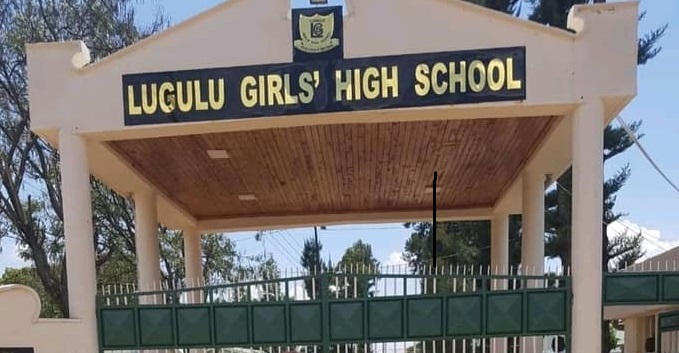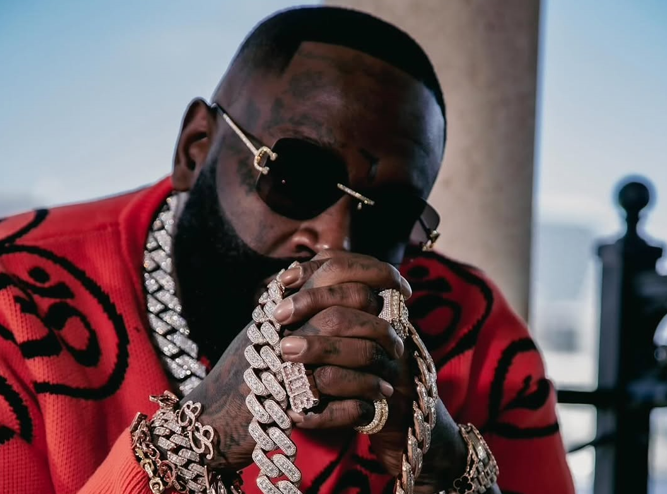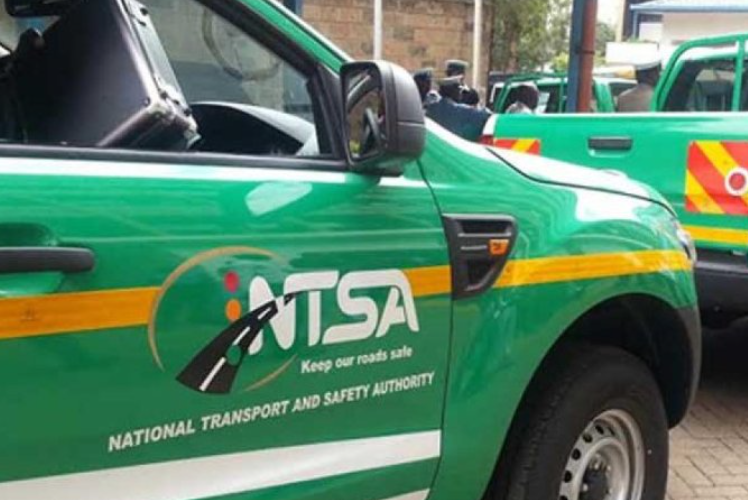Transparency International and the Kenya Human Rights Commission (KHRC) have expressed concerns over the conflict between the Ethics and Anti-corruption Commission (EACC) and the Directorate of Public Prosecutions (DPP) over the withdrawal of corruption cases.
As a result, two entities want EACC given prosecutorial powers streamline the prosecution process and ensure a more cohesive approach to tackling corruption cases.
In a statement, Transparency International and KHRC said they were concerned by the DPP’s move seeking to withdraw corruption cases involving high-profile individuals perceived to be politically connected; cases which have resulted in the loss of significant amounts of public funds.
“We are also concerned by the disturbing pattern of discord between the Ethics and Anti-Corruption Commission (EACC) and ODPP in determining the direction that corruption cases ought to take; a trend that undermines the fight against corruption and erodes public trust in the country’s criminal justice system,” the statement read in part.
“We aver that granting prosecutorial powers to EACC would streamline the prosecution process and ensure a more cohesive approach to tackling corruption cases. This would enable EACC officers, often at the forefront of corruption investigations, to directly prosecute matters, thus reducing the likelihood of conflicting decisions among investigators and prosecutors.”
Transparency International says the gazettement of qualified EACC officers as special prosecutors should also be considered to formalise their role in the prosecution process to enhance coordination in investigative and prosecutorial processes, leading to more effective outcomes in corruption cases.
This comes days after the DPP, on February 22, 2024, at the Milimani Law Courts, sought to withdraw charges against three senior government officials of Geothermal Development Company (GDC), citing insufficient evidence.
A conflict ensued when EACC opposed this move, highlighting that the withdrawal was not in the public interest and could potentially perpetuate the abuse of the legal processes.
A similar discord arose on February 16, 2024, when the DPP sought to withdraw charges against former Kenya Pipeline Authority bosses.
“These instances underscore deeper systemic issues within the prosecution of corruption cases to the extent that a section of the judiciary hearing the cases has criticised the conduct and management of cases by the ODPP,” the statement added.
Transparency International’s demands
Transparency International also wants rigorous guidelines implemented in the decision to charge to ensure that cases cleared for prosecution meet the requisite evidentiary threshold.
“This will minimize the risk of rushed or frivolous charges, or premature withdrawals, fostering confidence in the integrity of the prosecution process,” the agencies added.
The agency also says that prosecutors should be personally held liable for mismanagement of cases.
“If prosecutorial counsel bungles a corruption case, the court should lift the immunity of such prosecutors and hold them personally liable to discourage neglect of prosecutorial duty,” they added.









